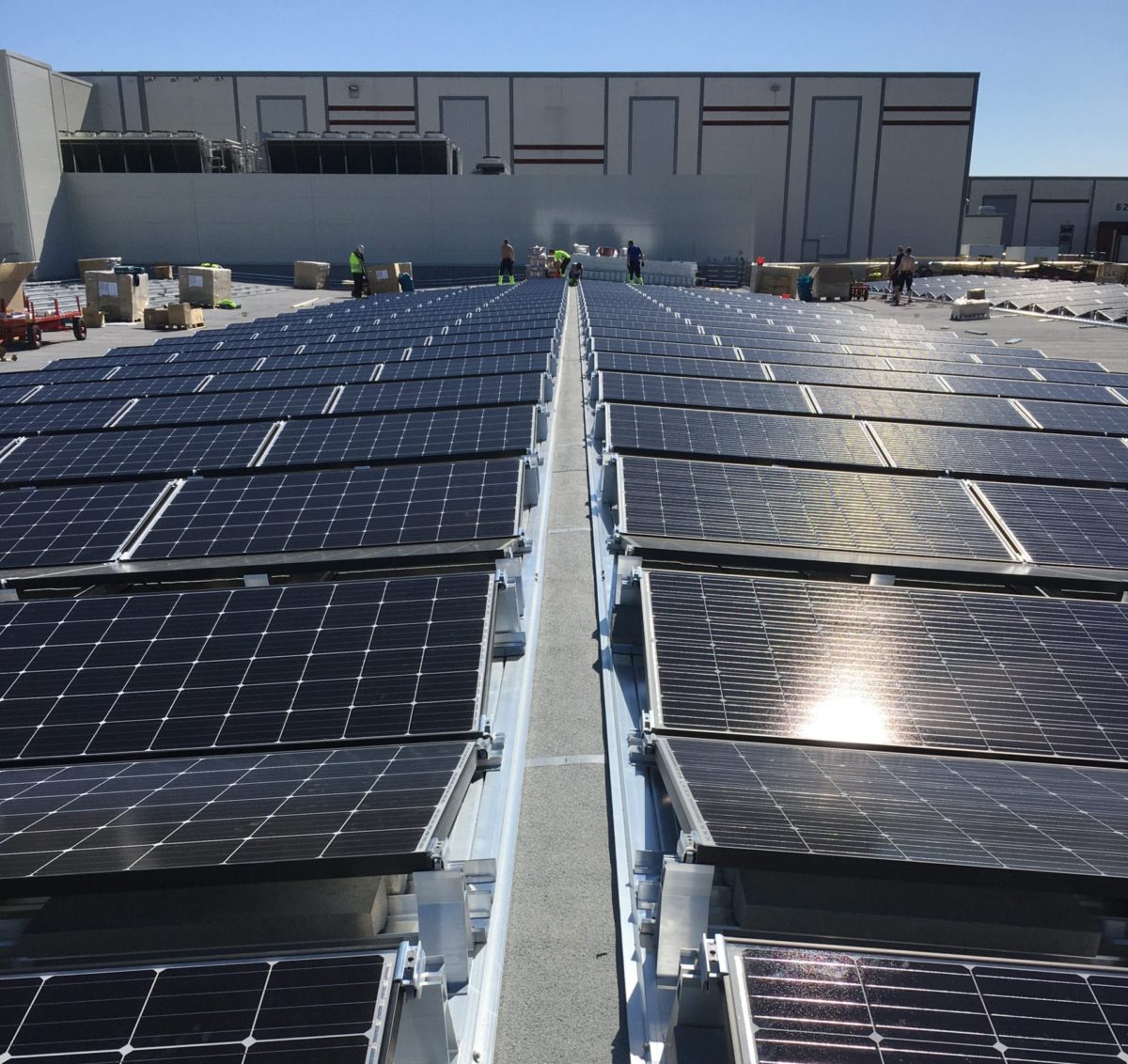Crystalline silicon PV modules operating in Nordic climates degrade less than panels used in other latitudes and climates according to a recent study conducted by the Institute for Energy Technology in Norway.
The scientists analyzed the performance of a 370 kW commercial PV system based on polycrystalline modules with a temperature coefficient of –0.43%, mounted with approximately 10-degree tilt, and located in eastern Norway. Generation and environmental data were measured at five-minute intervals over a five-year period between January 2015 and December 2019. The PV system had begun commercial operation in September 2014.
The researchers adopted a year-on-year approach and calculated the modules' degradation rate by comparing their performance with that of the same period a year earlier. Measurement data, however, were missing for a five-month period during 2018, which made data from both 2017 and 2019 less useful. “Because one compares the system performance at the same time of year, the method is robust against seasonality caused by the angle-of-incidence (AOI) and spectrum losses, as well as losses from soiling,” they explained. “The metric for system performance is based on the power performance index (PI), defined as the measured power divided by the expected power.”
The model includes the combined effect of temperature, humidity, and ultraviolet irradiation. Through these measurements, the academics found that the solar modules degraded in the range of 0.1–0.19% per year, which compares to a worldwide degradation rate of 0.5–0.6% per year. “Being able to establish that the degradation rates in the Nordics are lower than typically assumed, will influence the LCOE [levelized cost of energy] and how fast deployment of PV will accelerate in the Nordics and similar climates,” the scientists concluded.
This content is protected by copyright and may not be reused. If you want to cooperate with us and would like to reuse some of our content, please contact: editors@pv-magazine.com.




By submitting this form you agree to pv magazine using your data for the purposes of publishing your comment.
Your personal data will only be disclosed or otherwise transmitted to third parties for the purposes of spam filtering or if this is necessary for technical maintenance of the website. Any other transfer to third parties will not take place unless this is justified on the basis of applicable data protection regulations or if pv magazine is legally obliged to do so.
You may revoke this consent at any time with effect for the future, in which case your personal data will be deleted immediately. Otherwise, your data will be deleted if pv magazine has processed your request or the purpose of data storage is fulfilled.
Further information on data privacy can be found in our Data Protection Policy.